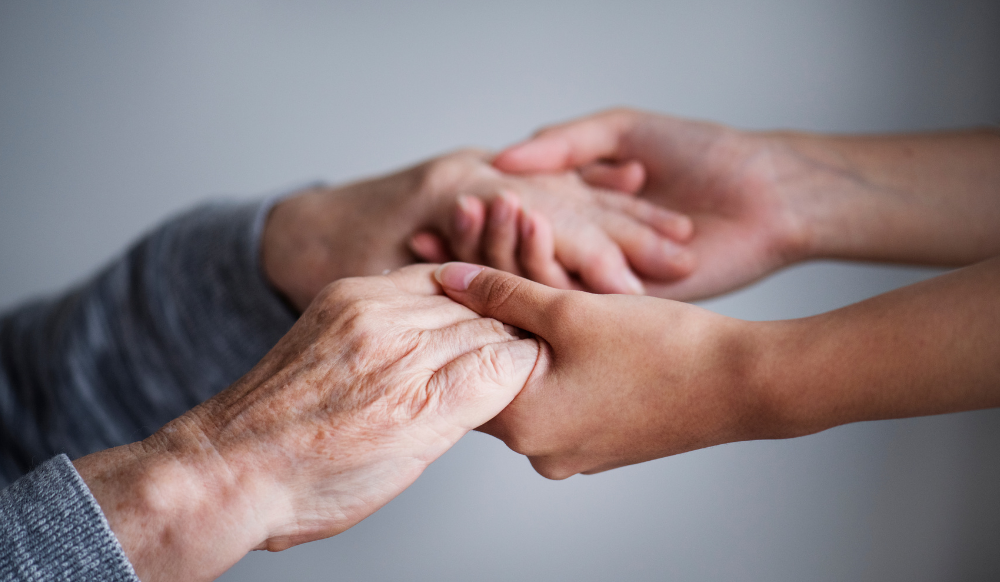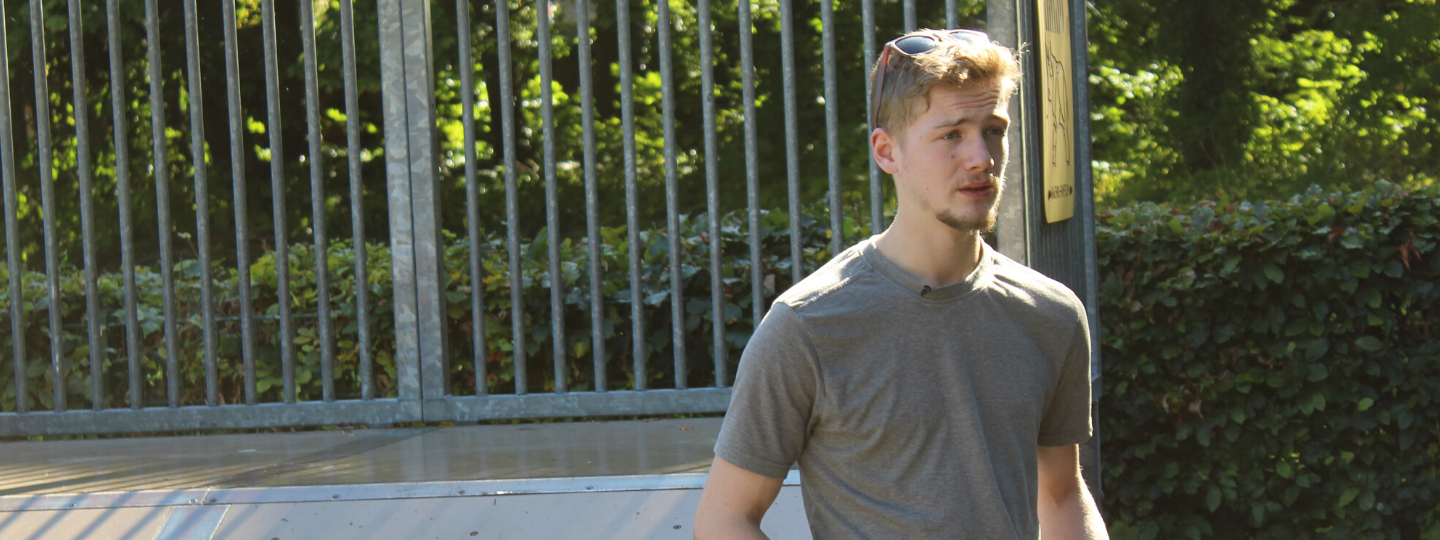Supporting migrants from war-torn areas
Supporting migrants from war-torn areas
Wednesday, 25 May 2022
Hearing stories about conflict in other countries can bring up a number of feelings.
Rolling news about events such as the war in Ukraine and other conflict areas, can be overwhelming and leave us with a sense of helplessness at not knowing what to do.
Connecting with others
We can also feel empathy and sympathy for what our fellow human beings are going through.
Part of being human means we can connect with people we have never met, worrying about their situation and feeling their distress. It’s not unusual to feel different emotions at one time.
Fleeing a war-torn country is a very challenging thing for someone to do. People are forced to leave family members, homes, pets, jobs, and careers, as well as their social community.
Adjusting to being in a new country you didn’t necessarily choose isn’t easy. There may be many barriers to settling in, such as language and different cultural norms, like foods that are eaten.

Different ways to help
Everyone in the community is going to be able to help in different ways.
Migrating to Ireland
How people interact with others can also be unfamiliar. It’s like the joke “Did you hear about the Irish person who went to the States. He said no when someone asked him if he wanted a cup of tea and he never got one.”
Adjusting to someone else’s culture takes time.
Everyone in the community is going to be able to help in different ways. Some of us will be welcoming people into our homes or classrooms. Others may not have the capacity or opportunity to do much.
Regardless of what you are able to give as we welcome people from other countries into Ireland, it is important to try to understand, even in a small way, the other person’s experience.
How you can help
One of the lovely things about Irish culture is the desire to get to know others. People moving here are often asked where they are from and what brought them to Ireland.
When someone moves here because of a situation like the war in Ukraine, they may or may not want to talk about it. For many, it may be too traumatic, while for others it may be a huge relief to talk.
If you’re speaking to someone who has come to your community from a crisis situation in their home country, be aware they may not want to discuss it.
Listening to other peoples’ stories of trauma can have an impact on us. This is understandable as we feel for other people. If you notice this, take a break and do something you enjoy.
Getting to know others
One of the lovely things about Irish culture is the desire to get to know others.

Other actions you can take
Here are some other steps we can take to support those arriving in our communities.
- Recognise the full person
Remember that these are people with complex lives. They have families, joys, hobbies, heartbreaks and disappointment in the same way you have. We can sometimes patronise people in need of help.
While practical help is really useful, people will have lost their identity and sense of purpose in many cases. Most people want to have control and agency over their lives.
- Don’t over stretch yourself
Give what you can and what you are able. Don’t over stretch yourself. Not going on holiday will not affect the people who have survived these adverse situations.
Taking care of yourself is important. You can’t pour water out of an empty jug. Being rested and ready to help is more valuable.
- Show patience and respect
No matter what you can or can’t give, be respectful of the people that you are dealing with.
Even if find yourself frustrated at times (for example, trying to speak to someone who doesn’t know your language can be difficult) remember to be patient and respectful.
If you hear people talking negatively about migrant people in Ireland call it out. Ask them to stop if it feels safe to do so.
One way to do this is to remind them of all the Irish immigrants welcomed all over the world. There are also ways that you can report racism you see online using a tool called ireport.ie.
If you encounter a situation where you see someone receiving racial abuse check in.
Ask the person if they are OK and if there is anything that they need.
Migrants bring rich traditions of their culture and food. It might be possible to organise an activity or event where you invite migrants in your community to share their culture through a dinner, or dance or display of art.
This can be a great way to celebrate different cultures.
One example is Pot Luck solidarity lunch. This gives people from all backgrounds the opportunity to share their culture through food with the rest of the community.
You might get difficult questions about war and crisis situations from your children or other young people in your life.
Many young people will be encountering Ukrainian children and young people through school, college or sports and community activities.
This can be a opportunity to have open discussions with young people It’s a good idea to talk about it and listen to their concerns and answer appropriately.
There are already many migrants in Ireland who have escaped war from different countries.
There are also a large amount of Ukrainian migrants coming in, many of whom will be separated families, children and adolescents and older people.
People will need time to settle and adjust.






